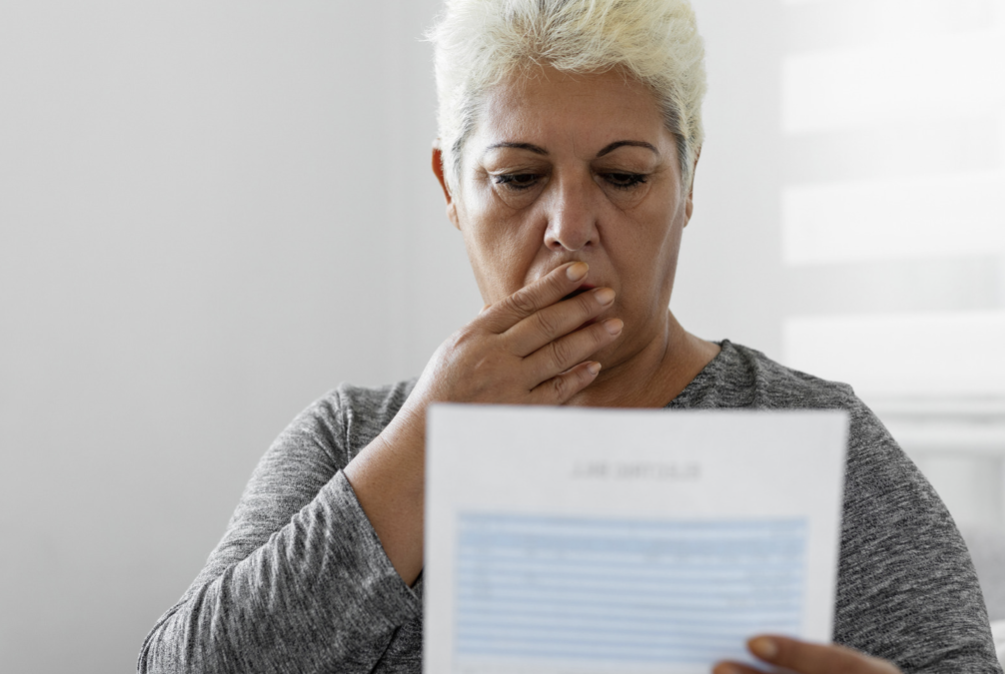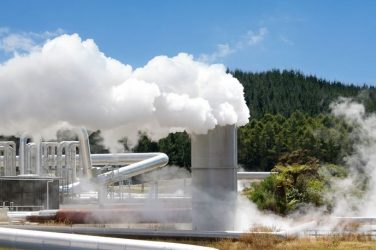Before what they predict might be a decade of high bills, consumer groups have advocated for an energy social tariff in the form of cash assistance for the poorest households.
For millions of fuel-poor homes, payments up to £1,500 are now an “essential” long-term solution, both now and during what may be a decade of record prices, according to the organization Citizens Advice.
A coalition of consumer and energy organizations, including Martin Lewis and Energy UK, support the request for targeted financial support by the end of the year. The call is made in a new report that Citizens Advice has commissioned after nine months of industry and public input.
The research suggests cash payments based on the needs of each home, which would be distributed using a combination of HMRC data on household incomes and energy supplier knowledge regarding the amount of electricity and gas it is used.
According to the analysis of the research, more than 12 million low-income homes would be eligible for assistance, and the typical qualifying household would have their energy cost lowered by £382, with some receiving up to £1,500.
Regardless of whether the Government’s Energy Price Guarantee (EPG) continues at £2,500 – as it largely anticipated – rather than rising to the previously promised £3,000 from April, households are currently spending more than twice as much on energy compared to 18 months ago.
According to the organization, if the EPG stays at £2,500, 10 million people will experience “crisis-level” energy on prices, spending more than 10% of their income after housing costs on energy. This is a significant sign of fuel poverty, commented the charity.
Moreover, it predicted the number would soar to 12 million if the EPG were raised to £3,000.
People with the lowest incomes will be hurt the worst since, in both scenarios, energy expenditure will account for more than half of their total household income after energy bills, up to 34% in 2019.
According to Citizen Advice, last year more customers than in the preceding 10 years combined were unable to reload their prepayment metres.
The organization issued a warning that it would be ten more years before energy costs could reach their pre-pandemic levels.
Additionally, the paper proposes a nationwide scheme of loft and cavity wall insulation for all fuel-poor households.
For this reason, Dame Clare Moriarty, Citizens Advice chief executive, declared: «Energy affordability is a long-term problem that needs a long-term solution. A social tariff protects millions of people from spending excessive amounts on their bills. High energy costs have left too many people choosing between heating and eating. Uncertainty over future high prices only adds to the stress and worry felt in households across the country».









Show Comments